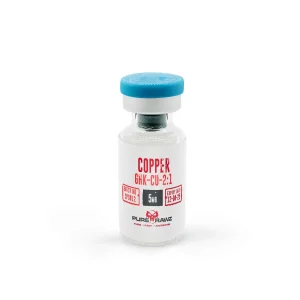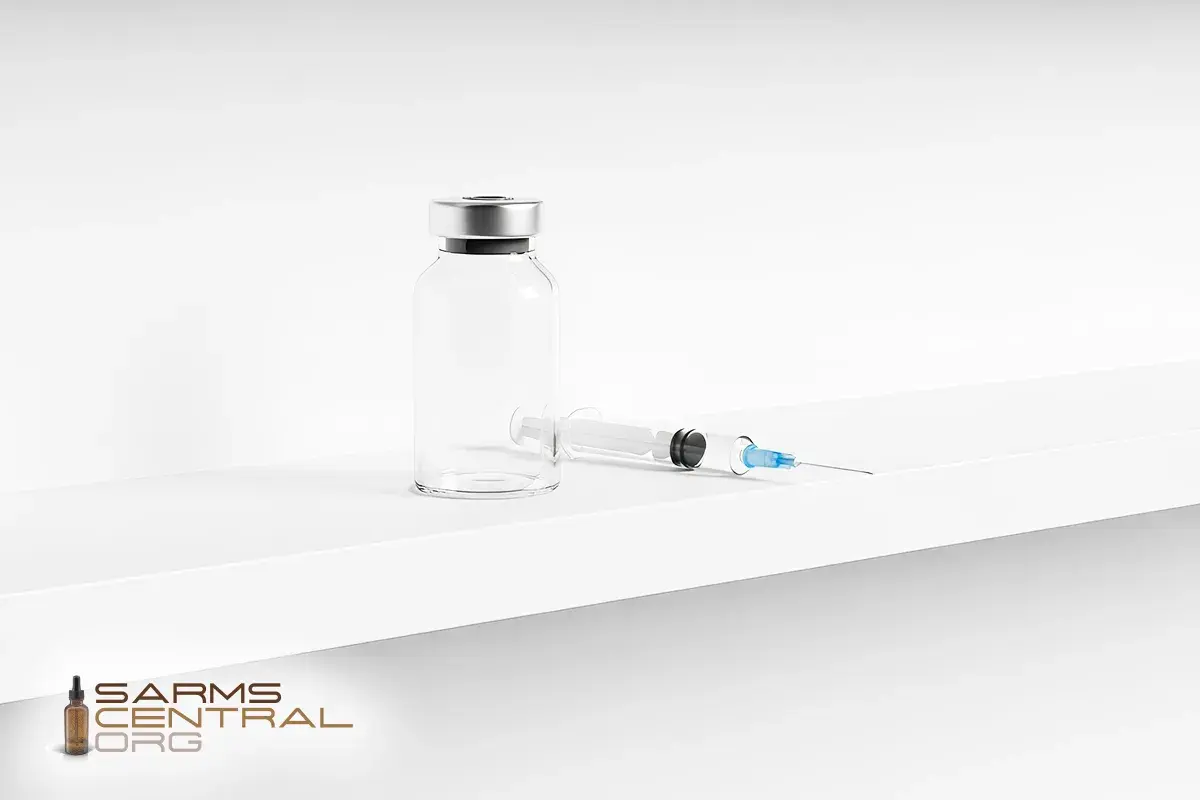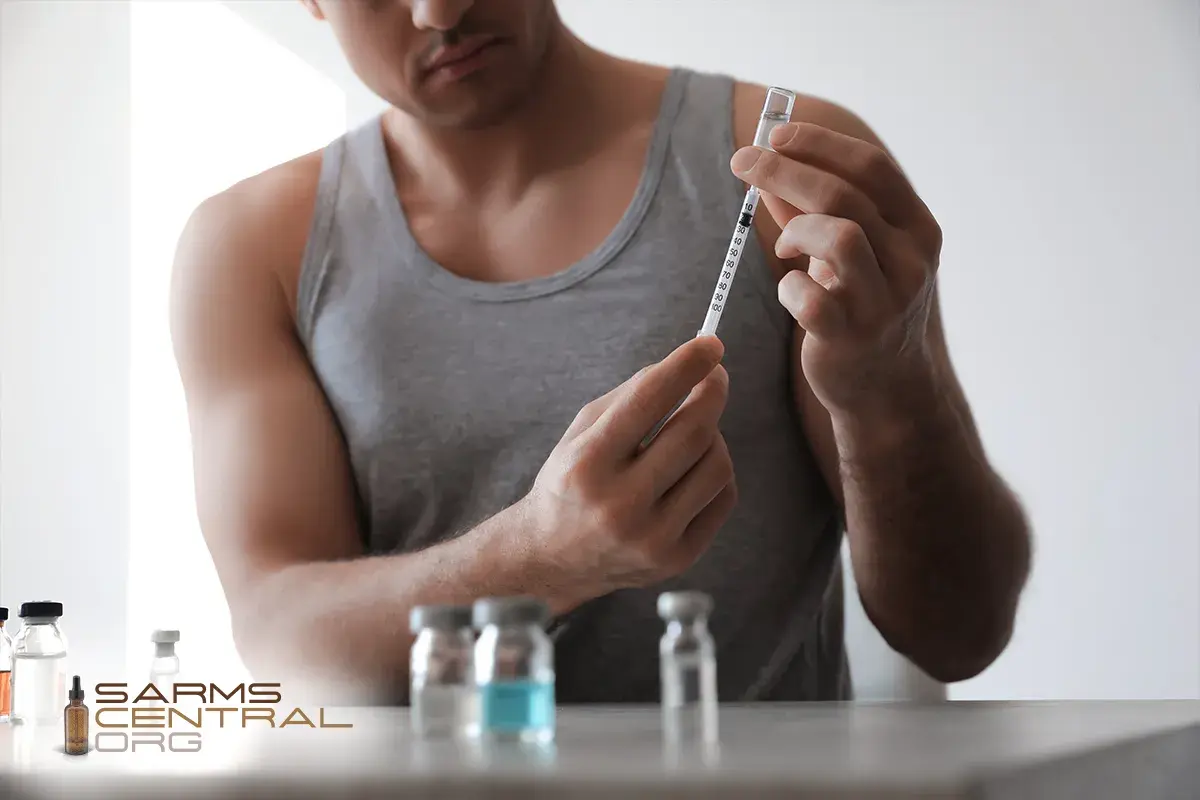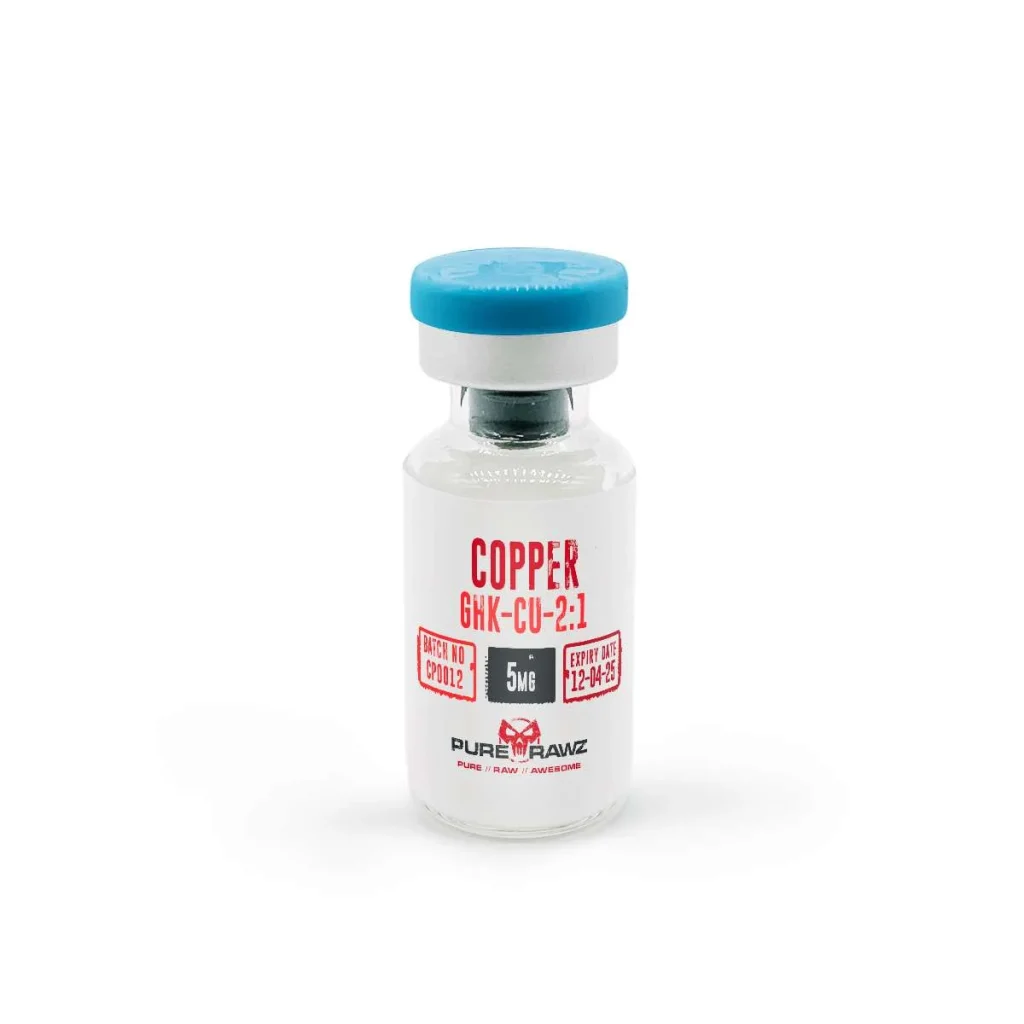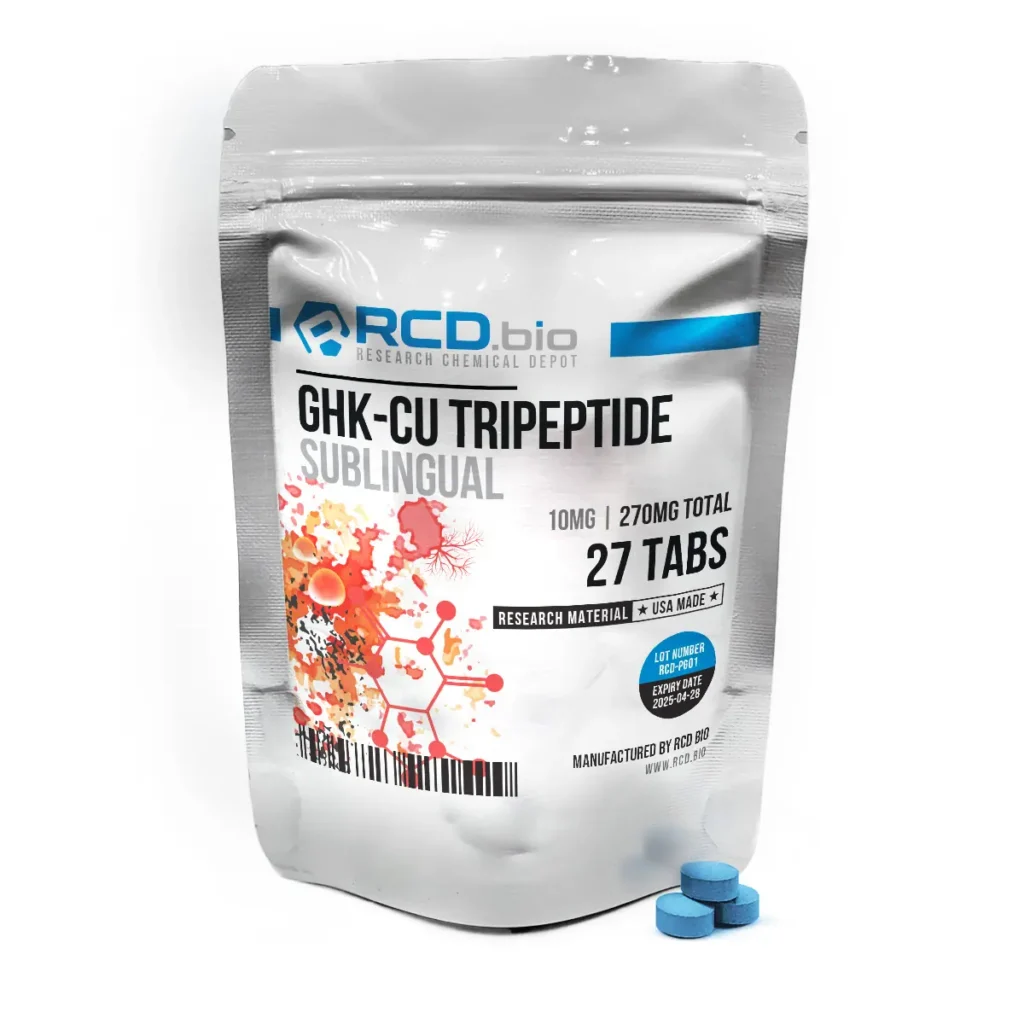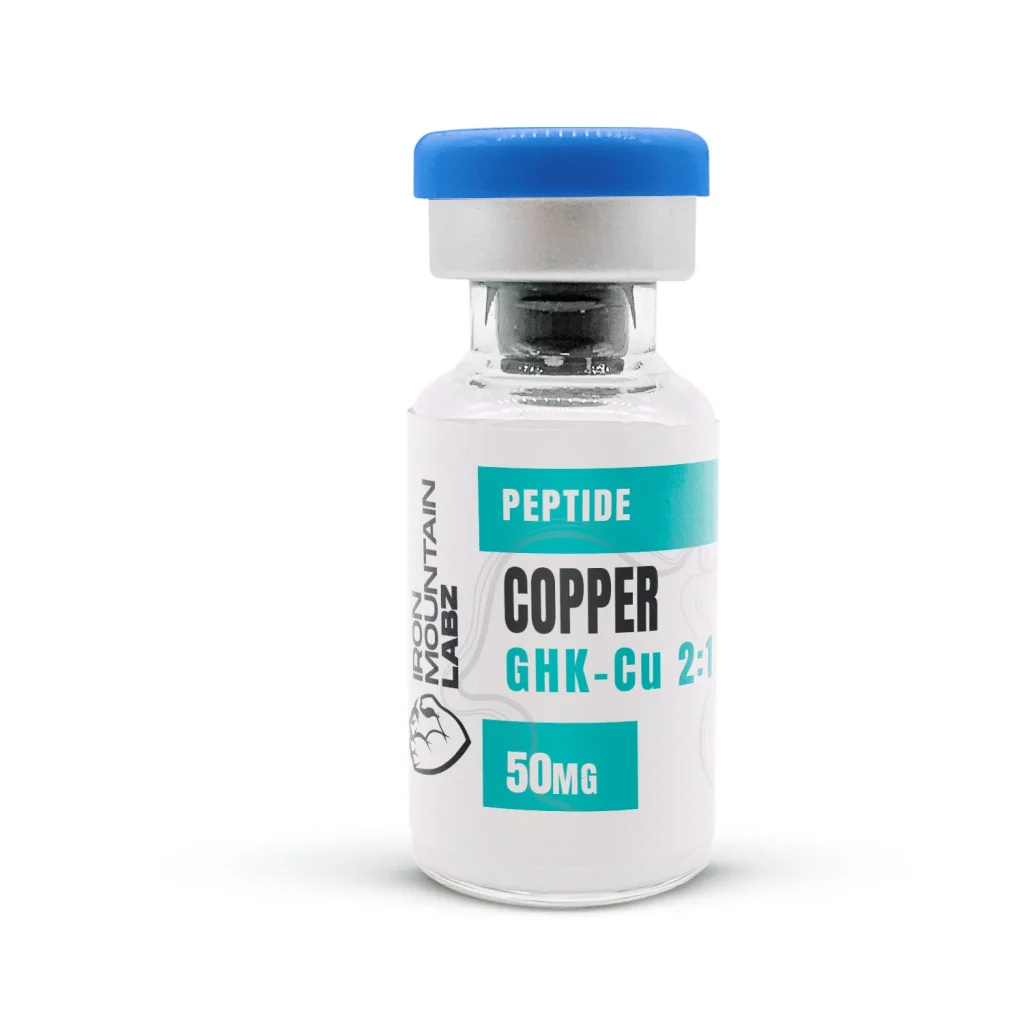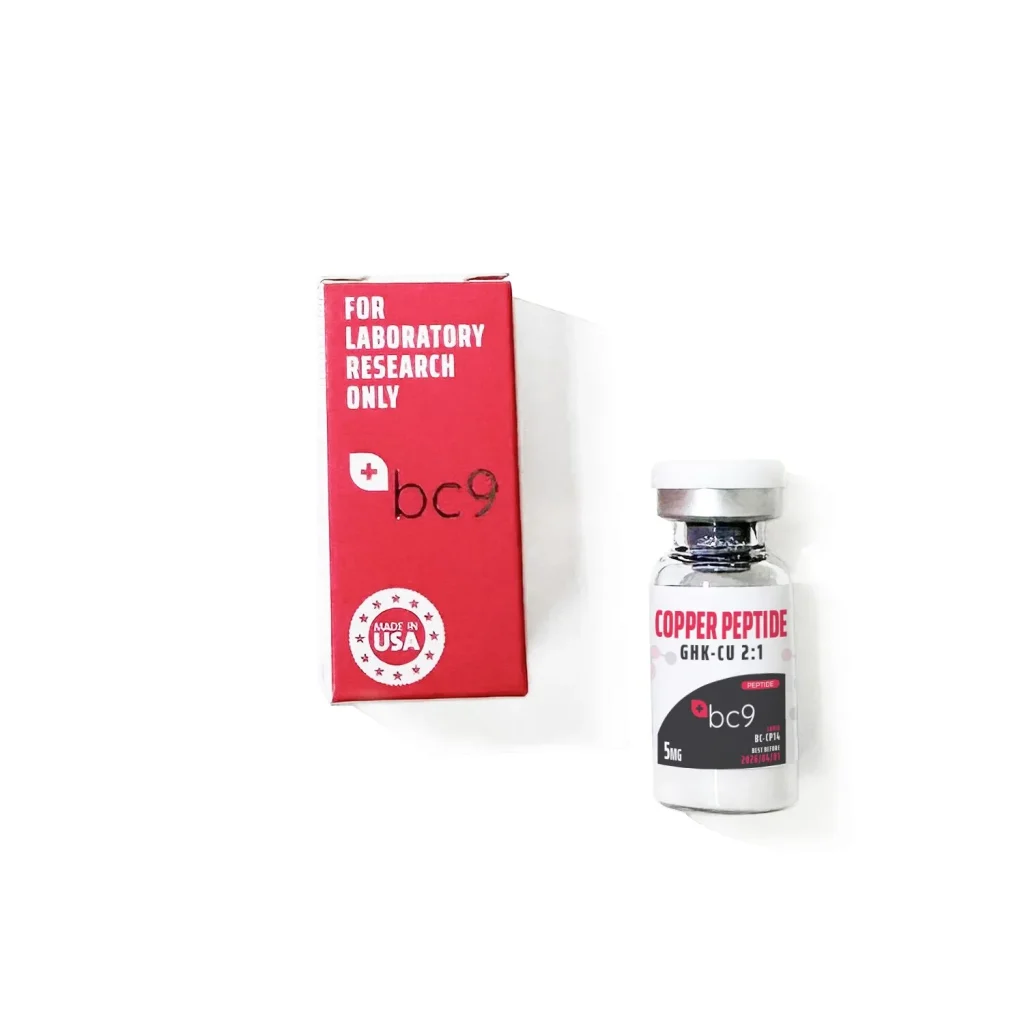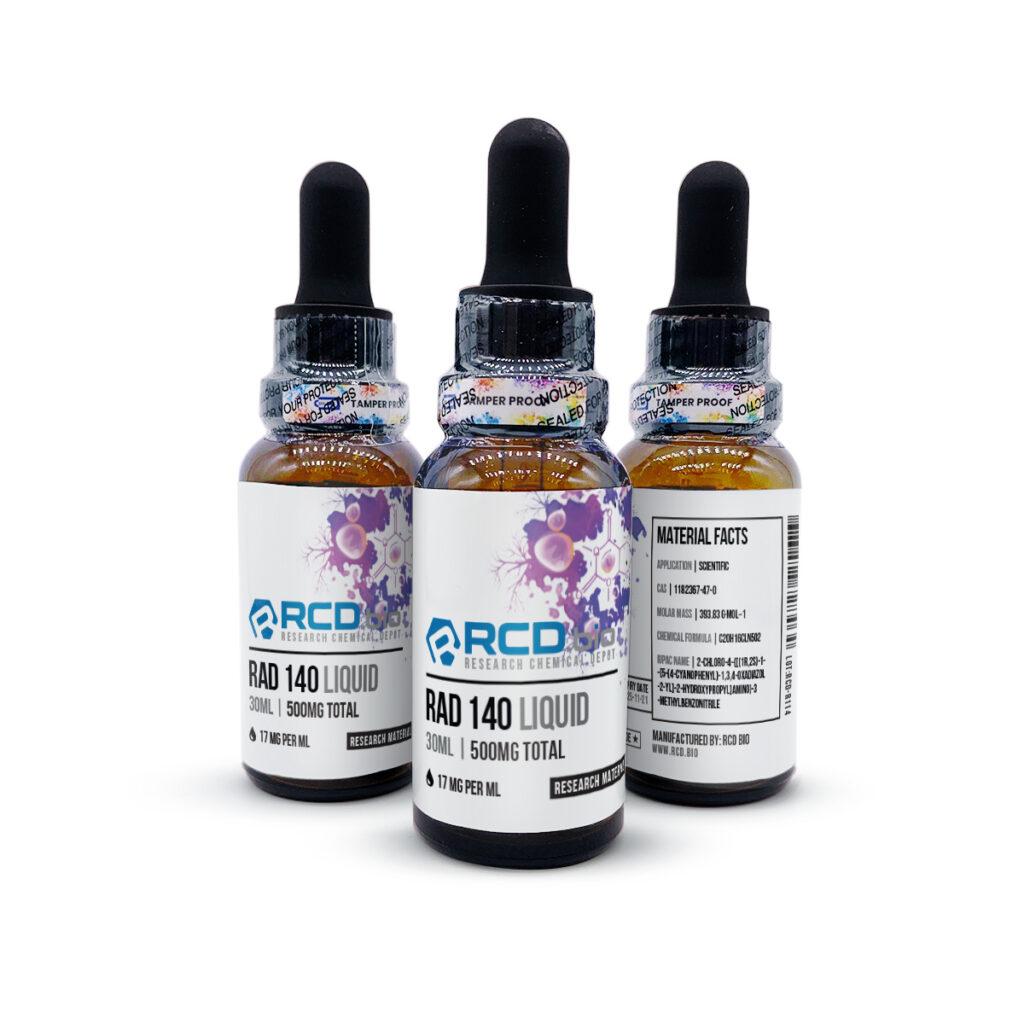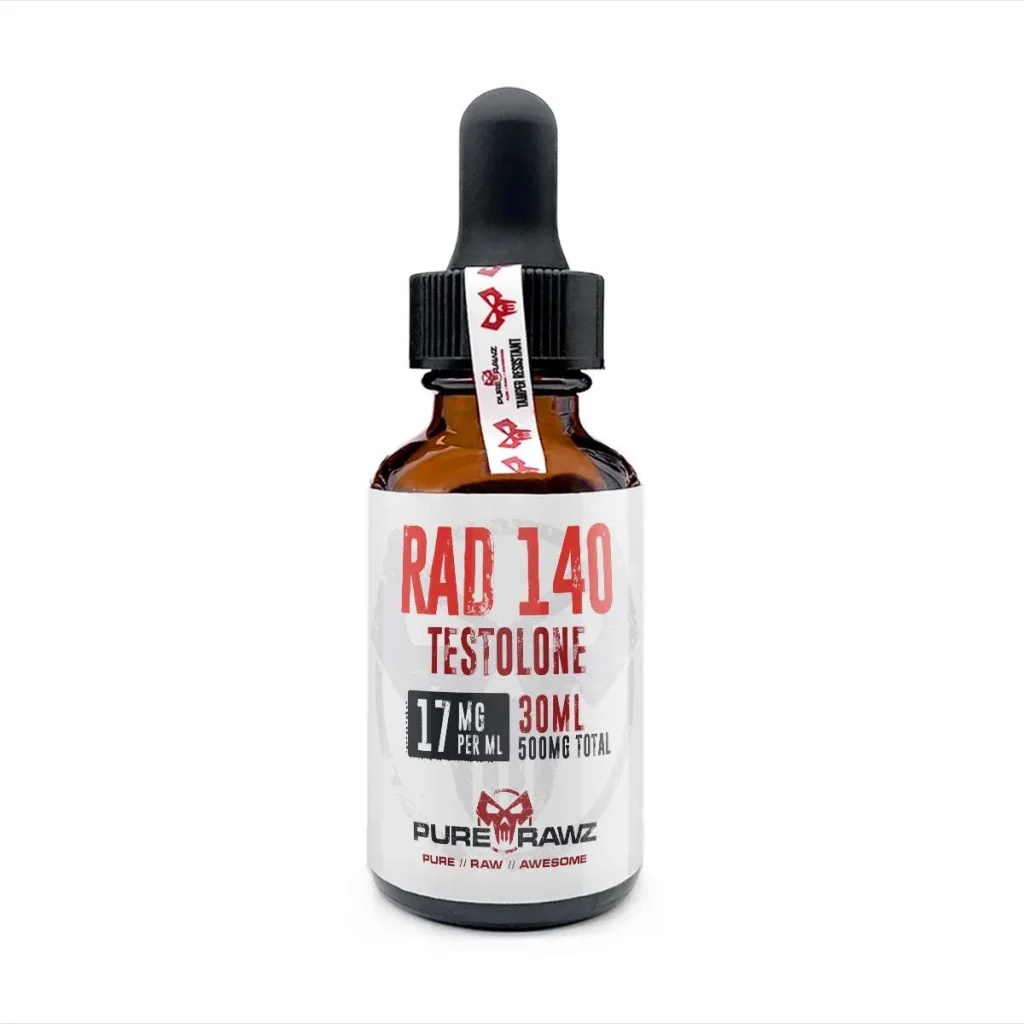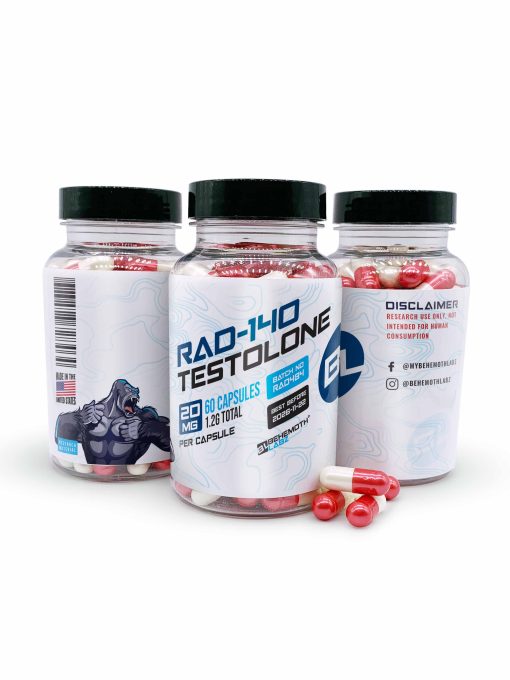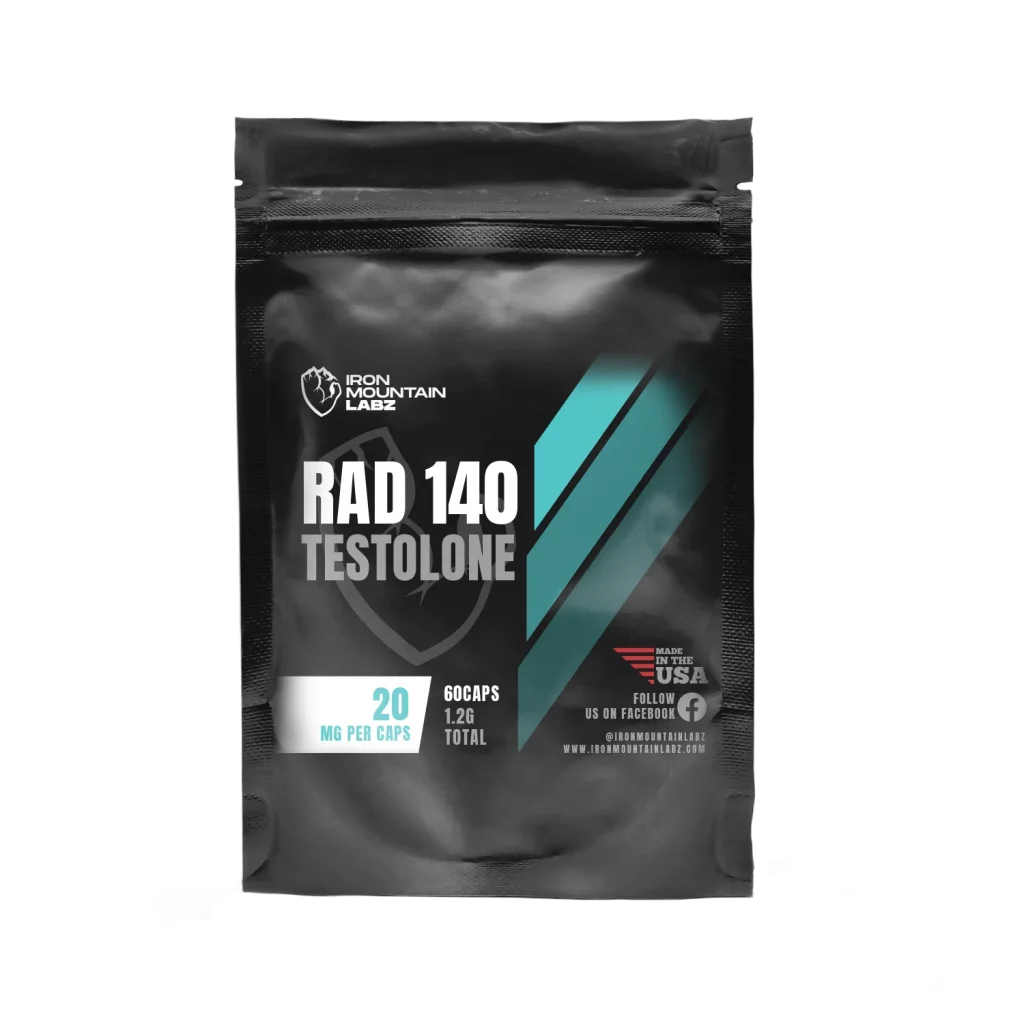As we age, the body changes in structure and function. Anti-aging peptides are powerful allies for skin health. They stimulate collagen production and aid tissue repair. They stimulate collagen production and aid tissue repair. Adding peptides to your aging regimen can help you look youthful.
What are Peptides?
Peptides are vital for physiological processes and are smaller than proteins. Synthetic peptides are made artificially, while natural peptides come from the body. Popular anti-aging peptides have both cosmetic and medical uses. Different types of peptides, like bioactive ones, support good health and a youthful look. During therapies, peptides act as therapeutic agents for aging benefits and overall health.
How Peptides Work in Anti-Aging
Peptides serve as biological messengers to combat skin aging. They help fibroblasts produce more collagen and elastin to help skin recover easily. Specific peptides for skin play a key role in skincare that addresses early signs of aging effects. They also enhance the skin barrier, which protects against irritants and retains moisture, a benefit often highlighted in collagen peptide results. Their anti-inflammatory properties reduce irritation, which is beneficial for sensitive skin. Peptides like GHK are great at fighting visible signs of aging. They work as effective anti-aging agents. Peptides mimic the body’s natural growth factors. These factors are important for tissue regeneration.
Best Anti-Aging Peptides
Here are some effective, different peptides in skincare:
- ➢ Copper Peptides, like GHK-Cu, are naturally occurring in human plasma, saliva, and urine. Copper peptides play a vital role in keeping skin healthy by boosting the creation of collagen and elastin. This results in tighter skin and fewer fine lines and wrinkles. Beyond that, these peptides act as antioxidants and reduce inflammation, making them one of the best-known healing peptides. They also support skin renewal and help injuries heal. It’s worth noting that the amount of peptides our bodies naturally produce decreases as we age.
- ➢ Acetyl Hexapeptide-8, or Argireline, is a synthetic peptide. It helps lessen wrinkles, particularly around the eyes and forehead. It targets facial muscle contractions, functioning similarly to Botox. This ingredient is popular for reducing fine lines without surgery. It stops neurotransmitters from being released. This leads to relaxed facial muscles and smoother skin. Regular use can enhance skin elasticity and hydration, contributing to a more youthful appearance.
- ➢ Matrixyl 3000 is a peptide mix made of palmitoyl tripeptide-1 and palmitoyl-7. It aids in the production of collagen and elastin, leading to firmer skin and a reduction in wrinkles. Additionally, it calms the skin and diminishes redness. Research has indicated its effectiveness and shows that it works well for those with sensitive skin. Consistent use can result in shallower wrinkles and a more even skin tone.
Benefits of Peptides in Anti-Aging
Certain peptides help hydrate and repair the skin. Popular peptides such as collagen peptides enhance skincare. They tackle specific skin issues. Here are some of the roles of peptides and the benefits of using peptides for anti-aging:
- ➢ Releases antioxidant properties for youthful skin.
- ➢ Aids in reducing chronic inflammation.
- ➢ Protects against free radical damage for a youthful appearance.
- ➢ Helps firm sagging skin and improves elasticity.
- ➢ Helps hydrate and retain moisture.
- ➢ Helps to calm chronic inflammation linked to aging.
- ➢ Antimicrobial peptides reduce acne breakouts.
- ➢ Strengthens the skin barrier function against environmental stress.
Find The Best Prices For GHK-Cu
Types of Anti-Aging Peptides
Injectable
Injectable peptides are administered via fine needles. These peptides signal the skin cells to produce more collagen and elastin. Collagen and elastin are vital proteins that provide firmness, elasticity, and structure to the skin. This method helps reduce inflammation and promotes tissue healing. This route ensures precise dosing and quick effects, similar to protocols outlined in how to inject peptides. It works well for performance, recovery, or therapy. They can boost the immune system and balance hormones. When other delivery routes are limited or inconsistent, injectable peptides provide benefits.
Oral
Oral peptides are delivered via fine needles. It is a more approachable and discreet choice, making it practical for everyday use. Oral peptides are ideal for individuals with needle phobia and are a popular choice for those exploring oral peptide therapy. Patients can take it more easily. There’s also a lower chance of irritation or infections at the injection site. It promotes skin elasticity and hydration with regular use.
Topical
Consumers apply topical peptides directly to the skin. It has a lower risk of side effects compared to injectables and oral peptides. Suitable for patients who cannot tolerate injections or oral medications. Many peptides are popular for skincare, like hyaluronic acid. They boost hydration and create a plumper look. They target the appearance of wrinkles and support skin repair.
Side Effects of Anti-Aging Peptides
Talk to a healthcare professional before starting peptide therapy. Some may experience mild side effects, such as:
- ➢ Acne breakouts
- ➢ Skin irritation
- ➢ Redness or allergic reactions.
- ➢ Hormone levels imbalance
- ➢ Possible effects on insulin sensitivity.
Do a patch test before adding new anti-aging peptide products to your routine.
Choosing the Right Anti-Aging Peptides
Review the product formulation and select based on your skin type and concerns. Skincare products for aging, particularly those containing GHK-Cu, combat premature aging. Top peptides like GHK-Cu reduce fine lines and improve skin health. Copper peptide products augment skin texture and density over time. Peptide-infused creams and serums provide a non-invasive way to enjoy these benefits, especially for women exploring peptide-based skincare.
Conclusion
The benefits of peptide therapy go beyond aesthetics. Anti-aging peptides are essential to modern treatments for healthier and more youthful skin. They signal skin cells to repair and renew, reducing wrinkles and fine lines when appropriate peptides are used. They offer significant anti-wrinkle benefits and enhance overall skin health. A clearer, smoother complexion results from regular use. Consulting a dermatologist can help you create the best peptide-based regimen.
Frequently Asked Questions
What are peptides, and how do they help with aging?
Peptides act as messengers that stimulate biological functions. Skin anti-aging regimens often incorporate copper peptides (Cu peptides). They help boost collagen and improve elasticity.
Are anti-aging peptides safe to use?
Yes, anti-aging peptides are generally safe, with a lower risk of side effects due to their natural occurrence in the body.
Do oral or injectable peptides work better than topical ones?
Oral or injectable peptides may work better than topical ones. It all depends on what you want to achieve and how fast you need results. Injectable peptides work quickly and powerfully because they are absorbed directly. Oral peptides offer convenience and overall benefits. Topical peptides work well for localized treatment. They are great for skin health and joint support. However, they may not absorb as well as other methods.
Are peptides safe for the skin?
Yes, peptides are safe for the skin and commonly found in skincare products. Peptides are generally well-tolerated and effective for enhancing skin health and appearance. They support collagen production and improve texture.
Which is better for anti-aging: retinol or peptides?
Retinol speeds up cell turnover and increases collagen production. Peptides are milder; they improve skin firmness and hydration. They suit sensitive skin or beginners in anti-aging. For best results, consider using both in your routine.

